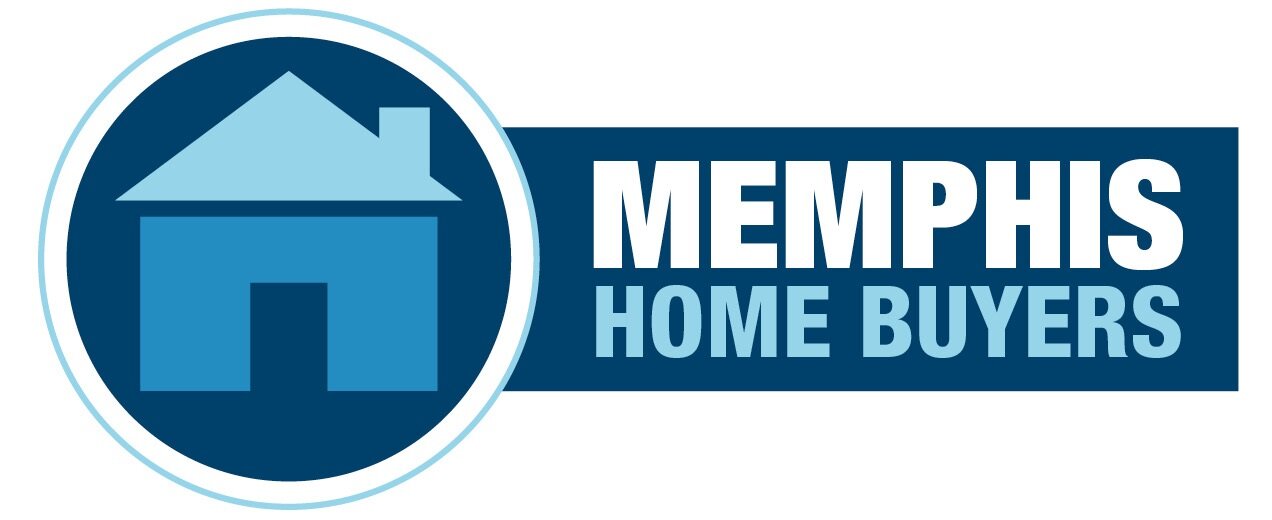
Introduction
Memphis, Tennessee, with its rich history, vibrant culture, and growing economy, presents a lucrative landscape for real estate investment. For savvy investors seeking to diversify their portfolios and maximize returns, multi-family properties offer a compelling opportunity. This article explores the benefits of incorporating multi-family properties into investment portfolios in Memphis, highlighting strategies, considerations, and potential pitfalls.
Understanding Multi-Family Properties:
Multi-family properties encompass buildings with more than one residential unit, ranging from duplexes to large apartment complexes. Investing in multi-family properties differs from single-family homes in several key aspects. While single-family homes may offer simplicity and ease of management, multi-family properties often provide greater cash flow potential, economies of scale, and increased diversification.
Benefits of Multi-Family Properties in Memphis:
- Cash Flow Potential: Multi-family properties in Memphis can generate consistent cash flow through rental income from multiple units. With a diverse tenant base, vacancies are typically less impactful compared to single-family homes, mitigating risk and stabilizing cash flow.
- Economies of Scale: Managing multiple units within a single property allows investors to benefit from economies of scale. Operating expenses such as maintenance, insurance, and utilities are spread across multiple units, reducing per-unit costs and increasing overall profitability.
- Diversification: Multi-family properties offer built-in diversification, spreading investment risk across multiple rental units. In Memphis’s dynamic real estate market, diversification can help hedge against localized economic downturns or fluctuations in tenant demand.
- Appreciation Potential: Memphis’s growing population and robust economy contribute to the appreciation potential of multi-family properties. As demand for rental housing continues to rise, investors may realize capital appreciation over time, enhancing overall investment returns.
- Tax Benefits: Investors in multi-family properties can leverage various tax benefits, including depreciation deductions, mortgage interest deductions, and property tax deductions. These tax advantages can significantly reduce taxable income and enhance cash flow.
Strategies for Incorporating Multi-Family Properties:
- Conduct Thorough Market Research: Before investing in multi-family properties in Memphis, conduct comprehensive market research to identify neighborhoods with strong rental demand, favorable demographic trends, and potential for future growth. Analyze market data, rental rates, vacancy rates, and economic indicators to make informed investment decisions.
- Evaluate Property Performance: Assess the financial performance of potential multi-family properties by analyzing historical income and expenses, cash flow projections, and occupancy rates. Evaluate the property’s condition, amenities, and potential for value-add opportunities such as renovations or property improvements.
- Implement Risk Management Strategies: Mitigate investment risk by diversifying across multiple properties and maintaining adequate reserves for unexpected expenses or vacancies. Implement rigorous tenant screening processes to minimize delinquencies and maintain stable cash flow.
- Leverage Financing Options: Explore financing options tailored to multi-family properties, such as commercial loans, portfolio loans, or government-backed loans. Compare loan terms, interest rates, and down payment requirements to optimize financing and maximize returns.
- Implement Effective Property Management: Partner with experienced property management professionals or invest in robust property management systems to efficiently oversee multi-family properties. Effective property management is essential for maintaining tenant satisfaction, minimizing vacancies, and maximizing rental income.
Considerations and Potential Pitfalls:
- Regulatory Compliance: Stay abreast of local regulations, zoning ordinances, and landlord-tenant laws governing multi-family properties in Memphis. Non-compliance can lead to legal liabilities, fines, or penalties that may erode investment returns.
- Property Maintenance: Multi-family properties require ongoing maintenance and repairs to preserve asset value and attract quality tenants. Allocate sufficient resources for routine maintenance, upgrades, and capital expenditures to ensure the long-term viability of the investment.
- Market Volatility: Real estate markets, including Memphis, are subject to cyclical fluctuations and external factors such as economic downturns or changes in interest rates. Develop contingency plans and stress-test investment strategies to withstand market volatility and preserve investment capital.
- Tenant Management: Effective tenant management is crucial for maintaining occupancy levels, reducing turnover, and fostering positive tenant relationships. Prioritize tenant satisfaction, responsiveness to maintenance requests, and proactive communication to minimize tenant turnover and vacancies.
Conclusion
Incorporating multi-family properties into investment portfolios presents a lucrative opportunity for Memphis real estate investors looking to diversify and maximize returns. At Memphis Home Buyers, we recognize the potential of multi-family properties in the Memphis market and offer comprehensive support to investors seeking to capitalize on this opportunity. From thorough market research to effective property management solutions, we are committed to guiding investors towards success in the dynamic Memphis real estate landscape. Partner with Memphis Home Buyers to unlock the full potential of multi-family property investments and achieve your financial goals with confidence.
